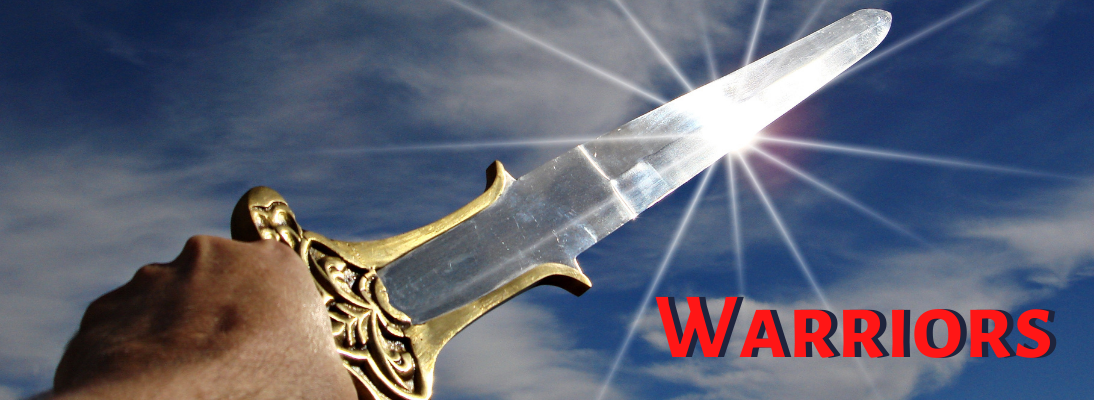Rom.12:2
We men love to measure things. And we have, at our disposal, highly accurate gauges for measuring just about anything, including the progress of our lives. I mean, we never have to wonder which careers are most prestigious; which jobs are most coveted; which neighborhoods are most exclusive; which vacations are most glamorous; which cars are most luxurious. Our culture makes sure its gauges remain well calibrated.
“Listen carefully . . . and be wary of the shrewd advice that tells you how to get ahead in the world . . .” (Mark 4:24 MSG)
The problem is, such things are not proper for measuring the progress of any life. There’s nothing wrong with careers or communities or cars, in-and-of themselves. They’re just not appropriate gauges in this context. Using them is like using a thermometer to measure the weight of a steel beam. It doesn’t work. Likewise, improper gauges won’t work for us, for measuring our lives as men. We must create and calibrate new gauges, ones that can properly measure our lives, because they measure the right stuff—like how we’re doing as husbands, as fathers, as friends, as neighbors; and how we’re doing toward becoming the men God intends us to become.
Okay, so what do we do?
Build new gauges for yourself, brother, ones that measure things like . . . how many nights you are home for dinner; or how often you sit down and pray with your wife or girlfriend; or how often you have conversations with your sons or daughters about their dreams or their fears; or how often you meet with brothers in community; or how often you drop what you’re doing to spend time with friends in need. Get practical. Build a simple spreadsheet, for example. Or create a calendar. Do what makes sense for you, but start measuring, today.
